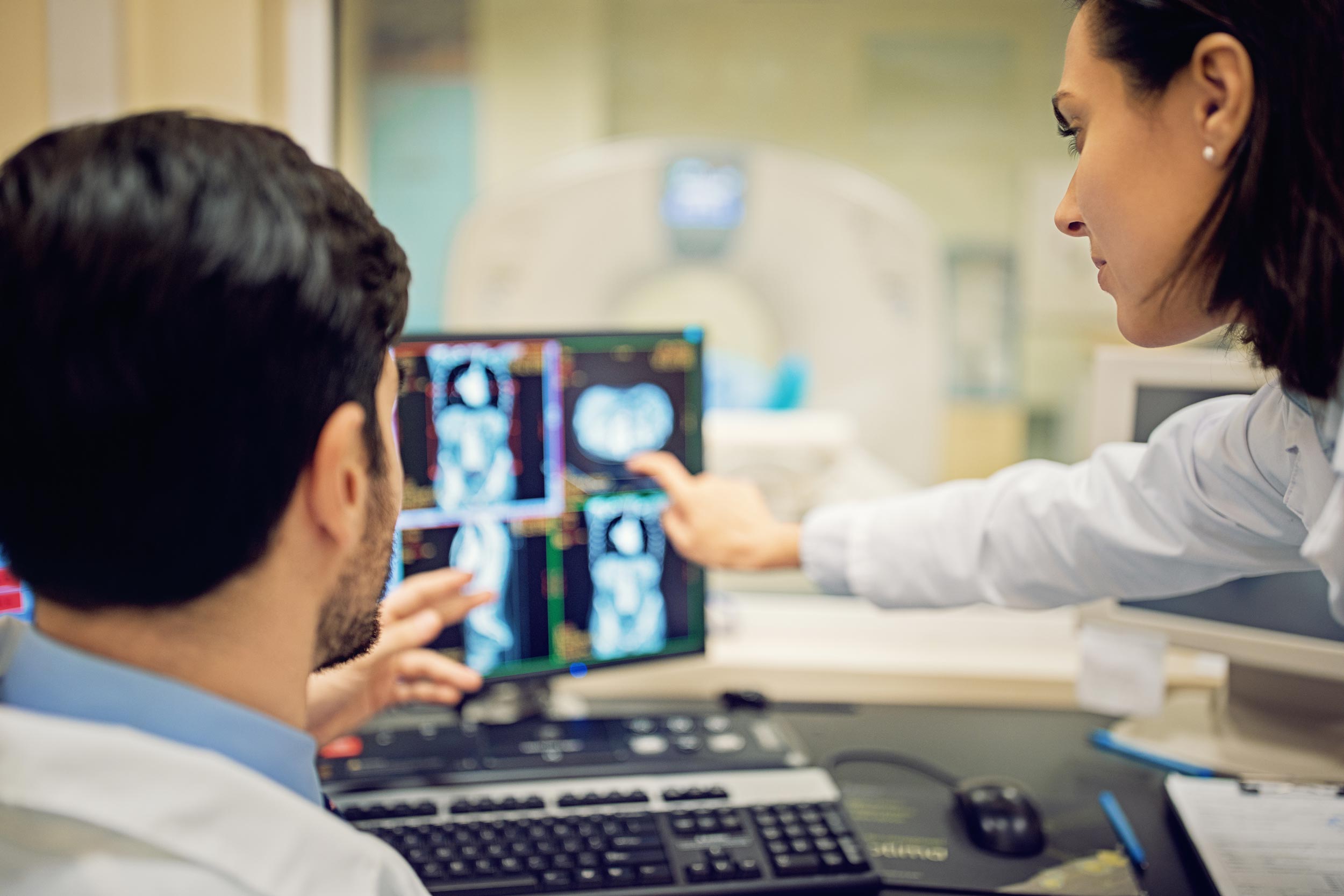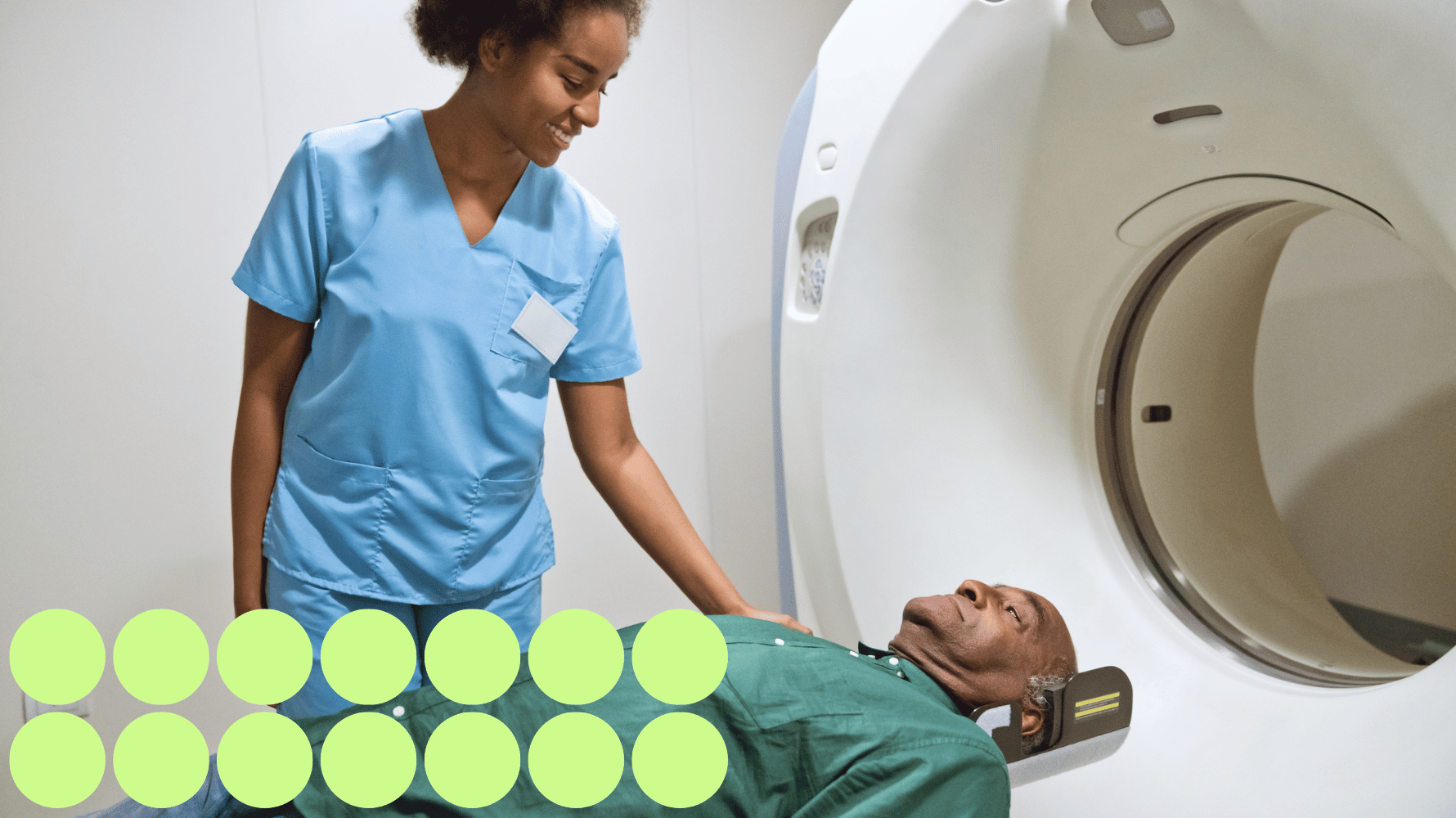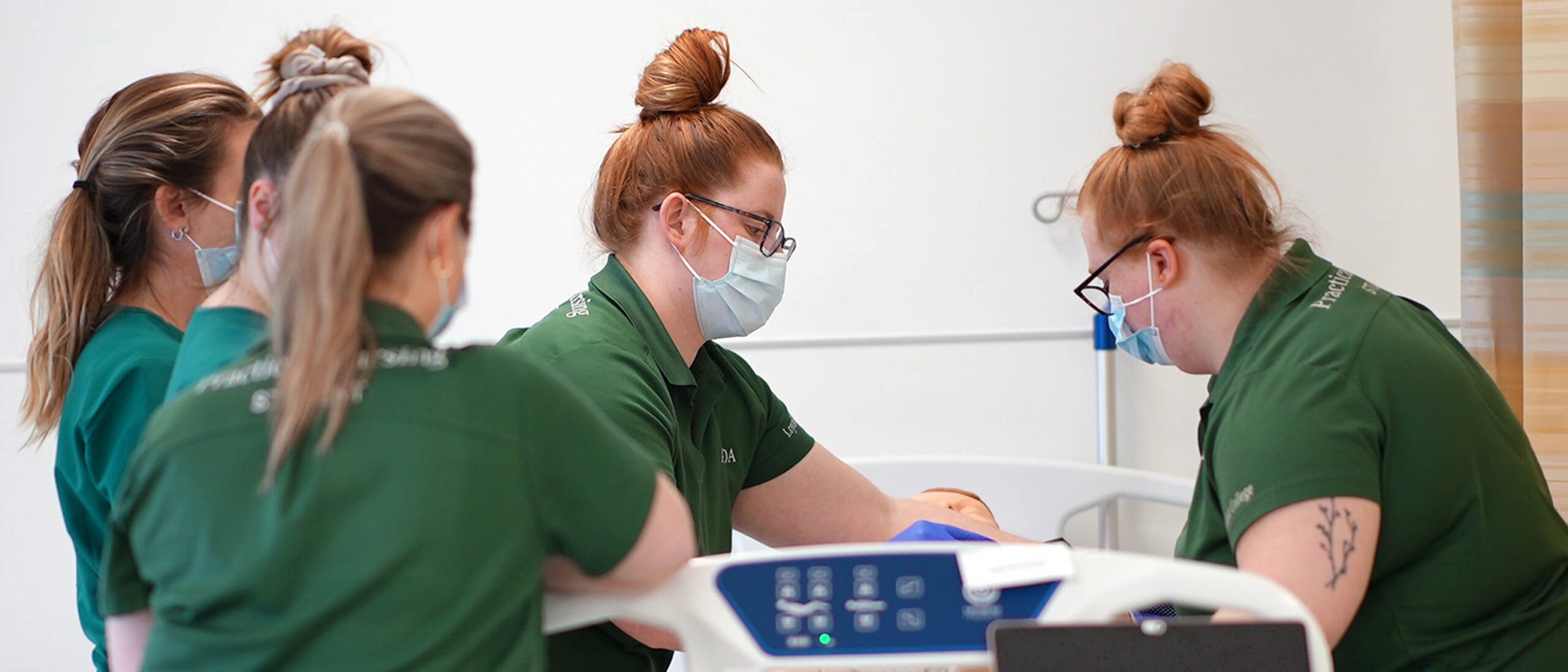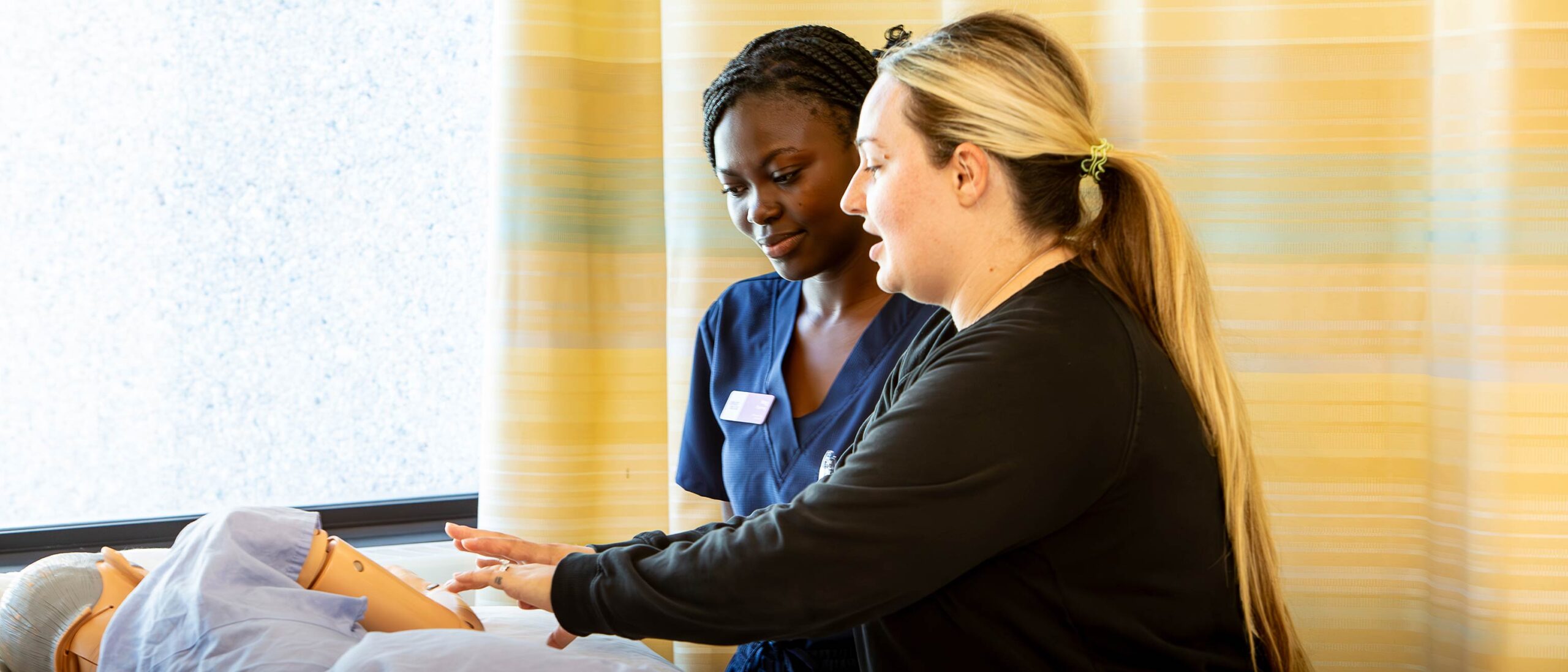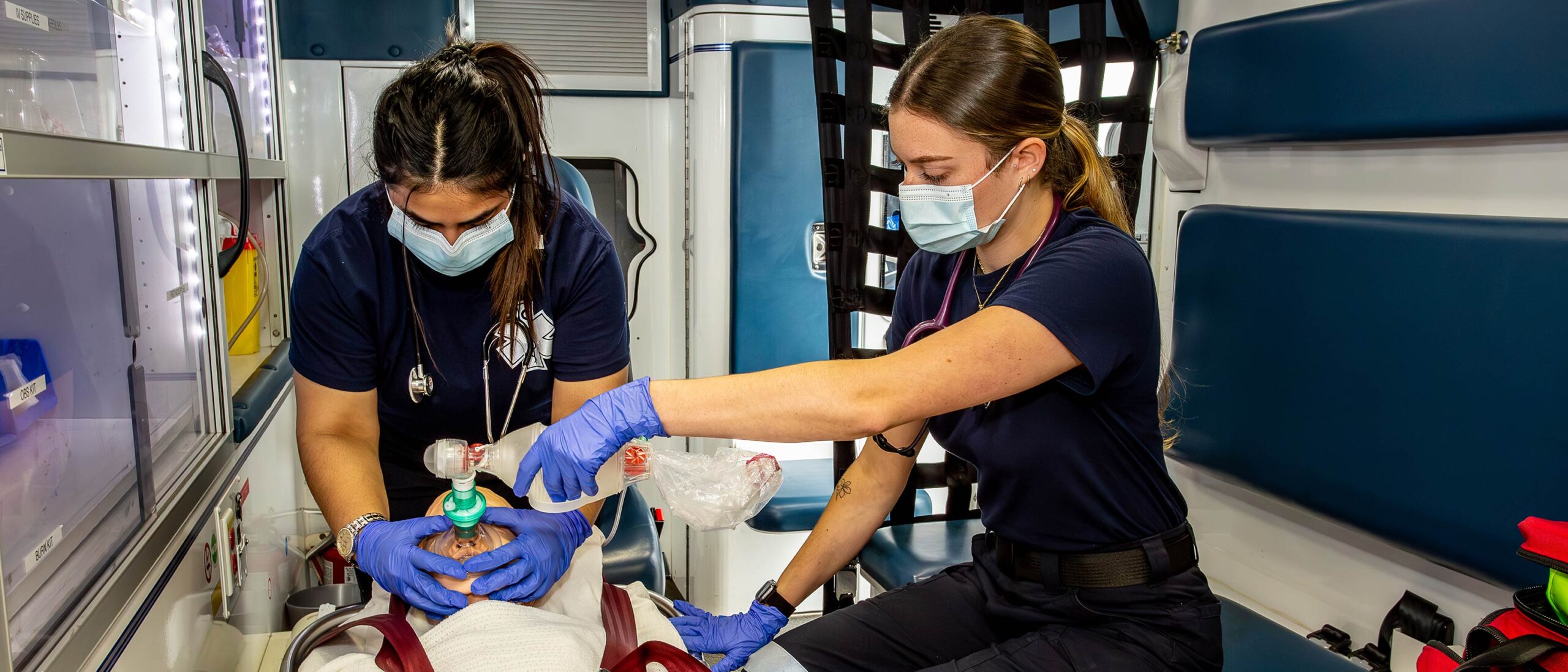Required academic preparation*
OSSD/OSSGD or equivalent with courses at the C, M or U level with:*
- Grade 12 English
- Grade 12 Mathematics
- Grade 11 or 12 Physics AND
- Grade 11 or 12 Biology or Chemistry
*Grades in all required courses must be 65 percent or higher.
NOTE: Medical Radiation Technology is a highly competitive program; possession of the minimum admission requirements does not guarantee an offer of admission.
OR
Additional Requirements*
- Police record check for service with vulnerable sector (PRCSVS)
- CPR and standard first aid certification
- Mask fit-tested N-95 equivalent masks
- Health assessment form and immunization certificate, including Hepatitis B and annual TB test, and annual immunization for influenza
- WHIMIS and OSHA certification
- Non-violent crisis intervention (NVCI) training
*While these additional requirements are not mandatory for program entry, they are needed to fully participate in some components of the program (e.g. in clinical placements).
Note: Students must pass the Canadian Association of Medical Radiation Technologists (CAMRT) national certification exam to be eligible to register with the College of Medical Radiation and Imaging Technologists of Ontario (CMRITO). A minimum mark of 75 percent is required for successful completion of the exam.
Academic upgrading
Are you missing admission requirements? Discover how Career and College Prep at Loyalist can help you get started on your journey.
EQual Accreditation Status
Loyalist’s Medical Radiology Technology (MRT) program is currently undergoing the accreditation process with Accreditation Canada/EQual. As part of this journey, we have attained “Admitted (formerly known as Registered)” status, reflecting our unwavering dedication to aligning our educational standards with the rigorous criteria set by accreditation and regulatory bodies. This “Admitted” status is a testament to our commitment to providing top-tier education.
It is important to clarify that while “Admitted” status highlights our pursuit of accreditation, it is not tantamount to accreditation itself, nor does it assure its eventual attainment. If you are curious about our “Admitted (formerly known as Registered)” accreditation status, its potential implications on your future practice as a health care professional, or if you require further details, please review the Accreditation Canada resource or reach out to Medical Radiation Technology (MRT) Program Coordinator Erin Brown at erbrown@loyalistcollege.com.
You can monitor our accreditation status through the Accreditation Canada Website.

